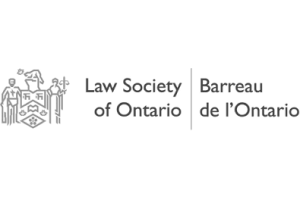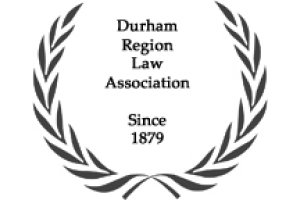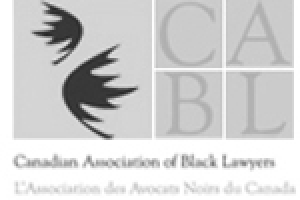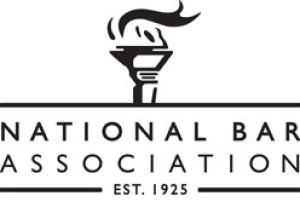What are an Executor’s Responsibilities?

Have you been asked by a relative or friend to be their executor should something happen to them? Here is a quick run down on what the job involves that you need to know before you say yes.
In Ontario the official term for this job title is Estate Trustee. Very few people (but for the courts and banks) use this term. If you are going to take on the job you need to know that this formal title will be given to you when the Will is submitted to the court to start the probate proceedings.
In short, if you are an executor your job is to call in all assets of the estate and distribute them in accordance with the decedent’s wishes as stated in their Will. Sounds simple right?
Your first official duty is to organize transfer of the deceased from hospital or nursing home to a funeral home. In the case of a hospital, it is usual for them to grant you three days to make arrangements for transfer.
Being an Executor Does not Mean You are Required to pay for the Funeral
It is important for you to know that as an executor you are not responsible for funeral costs, unless you sign a contract with a funeral home that makes you personally responsible. The costs of a decedent’s funeral is a cost borne by their estate. Before you organize an expensive funeral, you need to be aware of what assets the estate has to pay that bill.
Accordingly, your very first task is to visit the bank, a copy of the Will in hand. You will need to establish you have authority for the bank to release information to you. Once you have a preliminary understanding of the decedent’s financial position you can make funeral arrangements in accordance with the estate’s ability to pay.
Thankfully the funeral home helps with the executor duties of transporting the deceased, submitting an obituary, registering the death and obtaining the necessary burial/cremation permits.
Next you need to meet with a lawyer. It does not need to be the lawyer that prepared the Will but quite often that lawyer is already familiar with the assets of the deceased and therefore that may be a good choice. After all, the decedent trusted that lawyer to prepare their Will in the first place. The estate is responsible for legal fees incurred, not the executor.
The lawyer will help you make the decision regarding application to the court for a Certificate of Appointment. This makes your appointment official and may or may not be necessary.
If the decedent owned land at the time of their death probate will be required.
If the deceased held assets worth over $50,000.00 probate may be required.
Estate Accounting is Your Responsibility
You will need to prepare a complete list of assets as at the date of death. Each item will need to have a monetary value attached. It is exceedingly important to gain a complete financial picture as soon as possible so that you and your estate lawyer can decide what steps to take in settling the estate.
You are responsible for reporting to any beneficiaries and before you can settle the estate you will need to prepare an accounting of all financial transactions that the estate has engaged in from the date of death. This accounting will need to be detailed, itemized and provided to each beneficiary at some date in the future and therefore should be started immediately. You may choose to do this by way of a simple spreadsheet or you may need an accounting program. Do not take on the job of being an executor if you do not want to keep track of all the dollars and cents.
The premises occupied by the deceased immediately before death will need to be vacated. This could be the simple removal of personal possessions from a nursing home room or complicated by the need to empty possessions from a home and get it sold. With a rental property or an owned home, a call to the insurance company is required to ensure coverage is continued while the property is vacant. This will come with additional premiums and a need to check the property frequently.
Notify Appropriate Agencies of the Death
You must notify all sources of the decedents income of the death. Check the bank account history back a full year to see where income has been coming from. Most of these agencies will require a copy of the Will and a death certificate. If you don’t do this immediately an overpayment may occur, and funds would need to be returned. Surrender the decedents Passport, Driver’s License and Health Card.
You must ensure that the decedents bills are paid. These are estate expenses, not payable by you personally but you must keep track of how and when they were paid. Tax returns must be filed. This is a multi-step process that may carry over to multiple tax years depending on how long it takes to call in assets and distribute them to the beneficiaries. Debts of the deceased come first before any funds are paid to beneficiaries.
Credit card and service accounts should be paid and closed. Mail and e-mail need to be monitored for any outstanding amounts owing by the estate or assets previously missed such as additional bank accounts or small investments you were not already aware of.
Carry out Final Wishes
When all of this is complete you can distribute in accordance with the wishes of the deceased. It is wise to have the beneficiaries approve your accounting before distribution takes place even if the estate is small. This is your protection that the beneficiaries are satisfied with your handling of the estate and will not turn around and sue you for mismanagement of funds.
Your estate lawyer will prepare the necessary documentation throughout the process, but the leg work will be your responsibility. It’s a big job even when the decedent had few assets.
If you have been asked if you are willing to take on executor duties and would like more information before deciding, contact us to make an appointment.
Finally, if you say yes to being an estate executor it is important to know where the original Will is stored. In addition you may want to have a copy so that you can confirm to the bank and other institutions that you have authority to act on behalf of the estate until the original Will can be produced.








